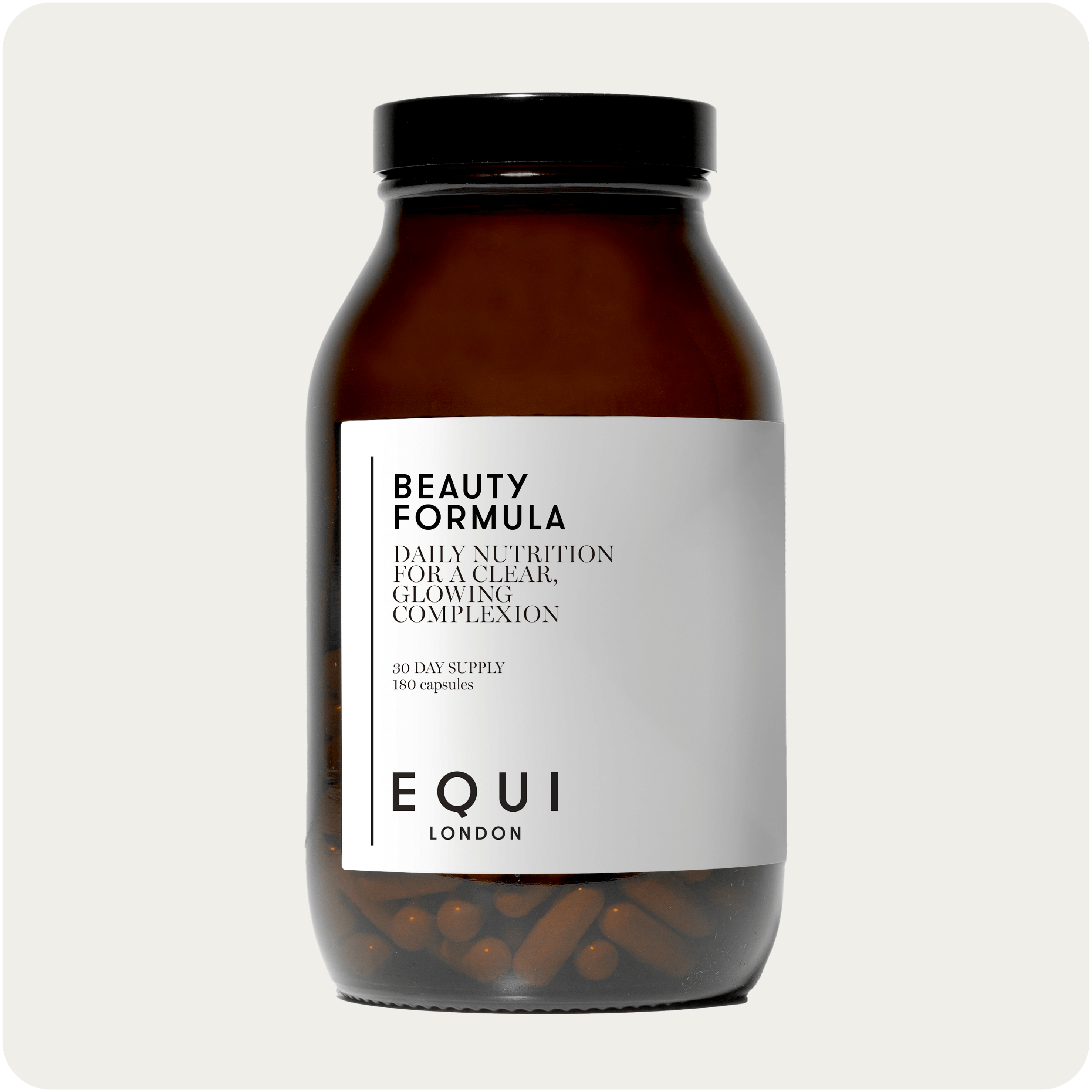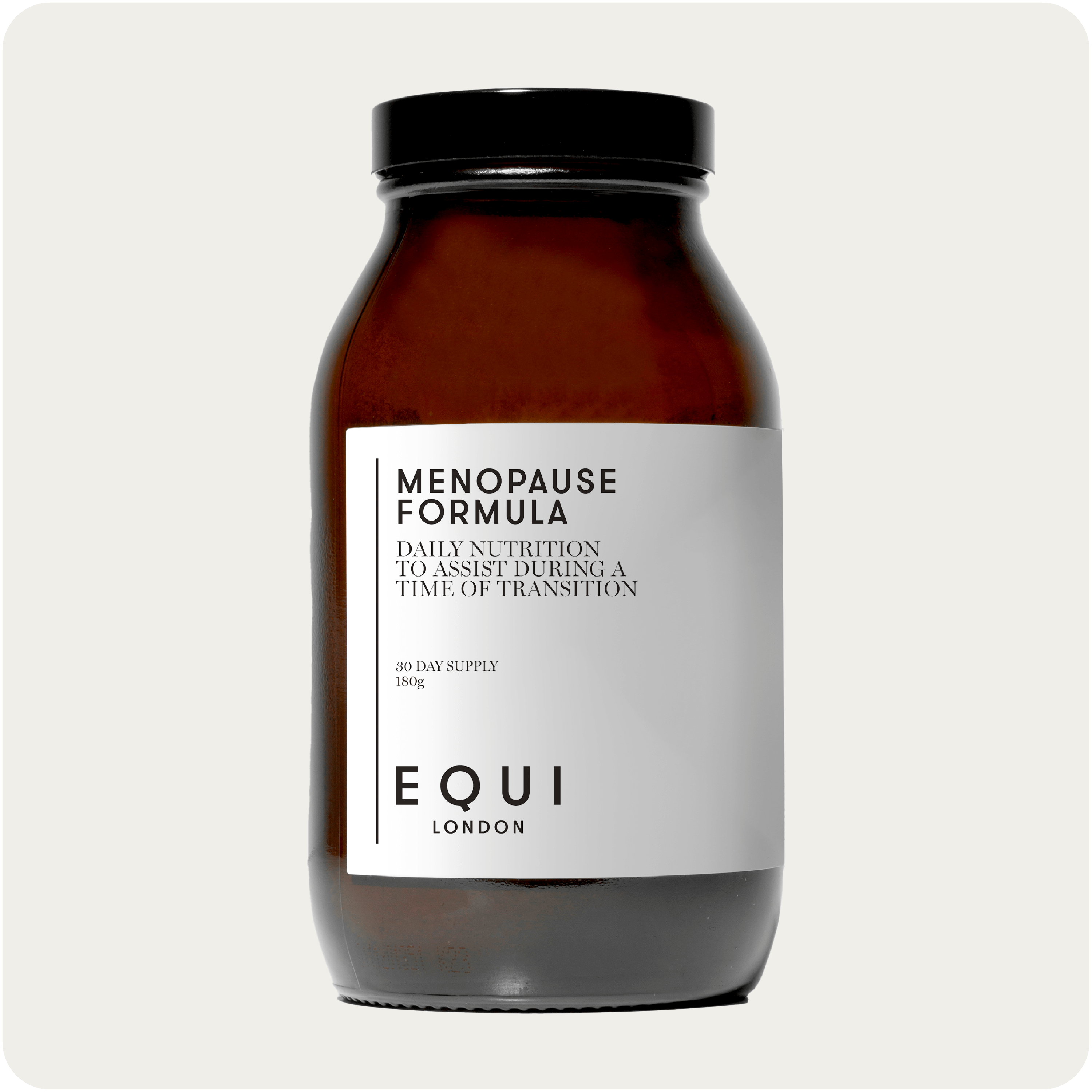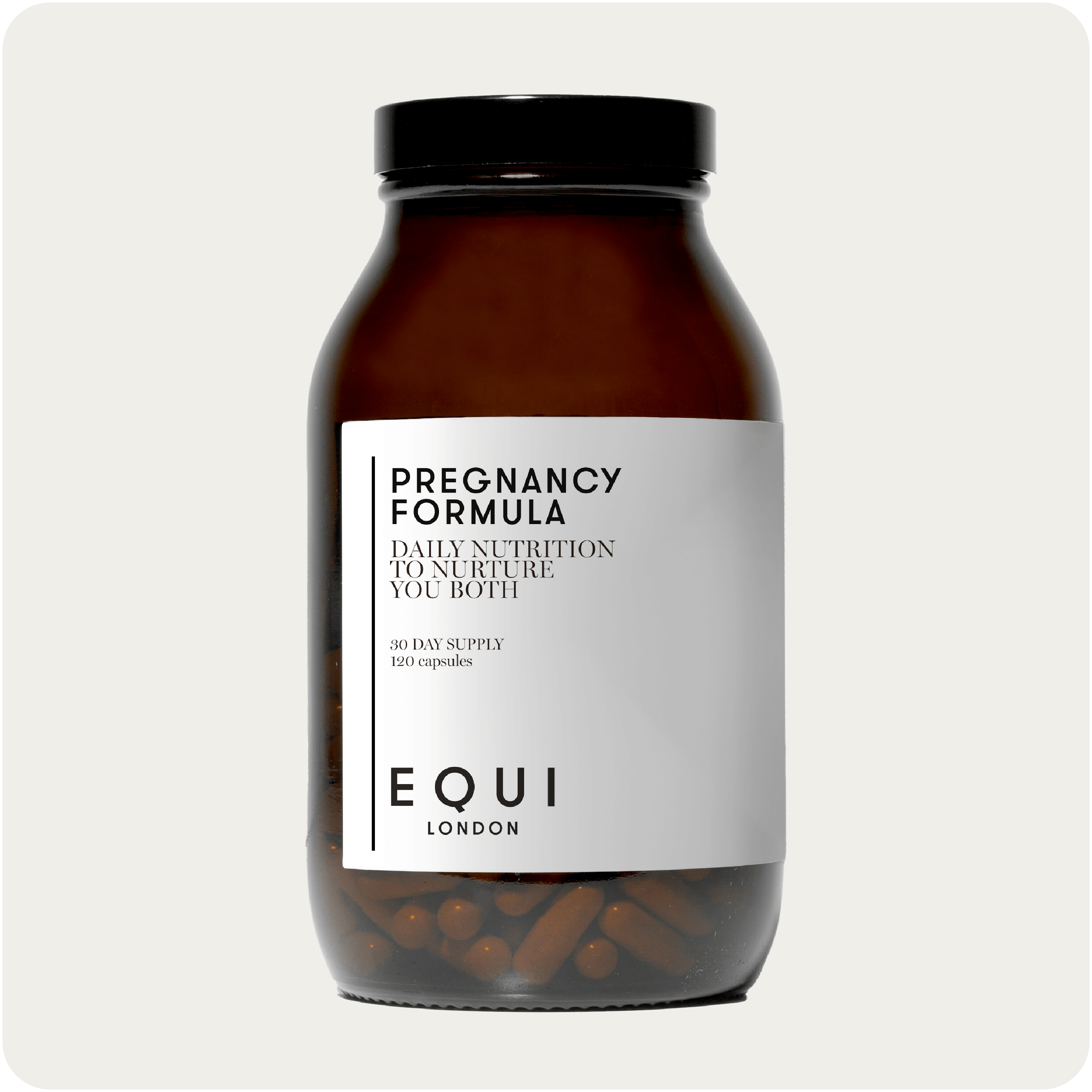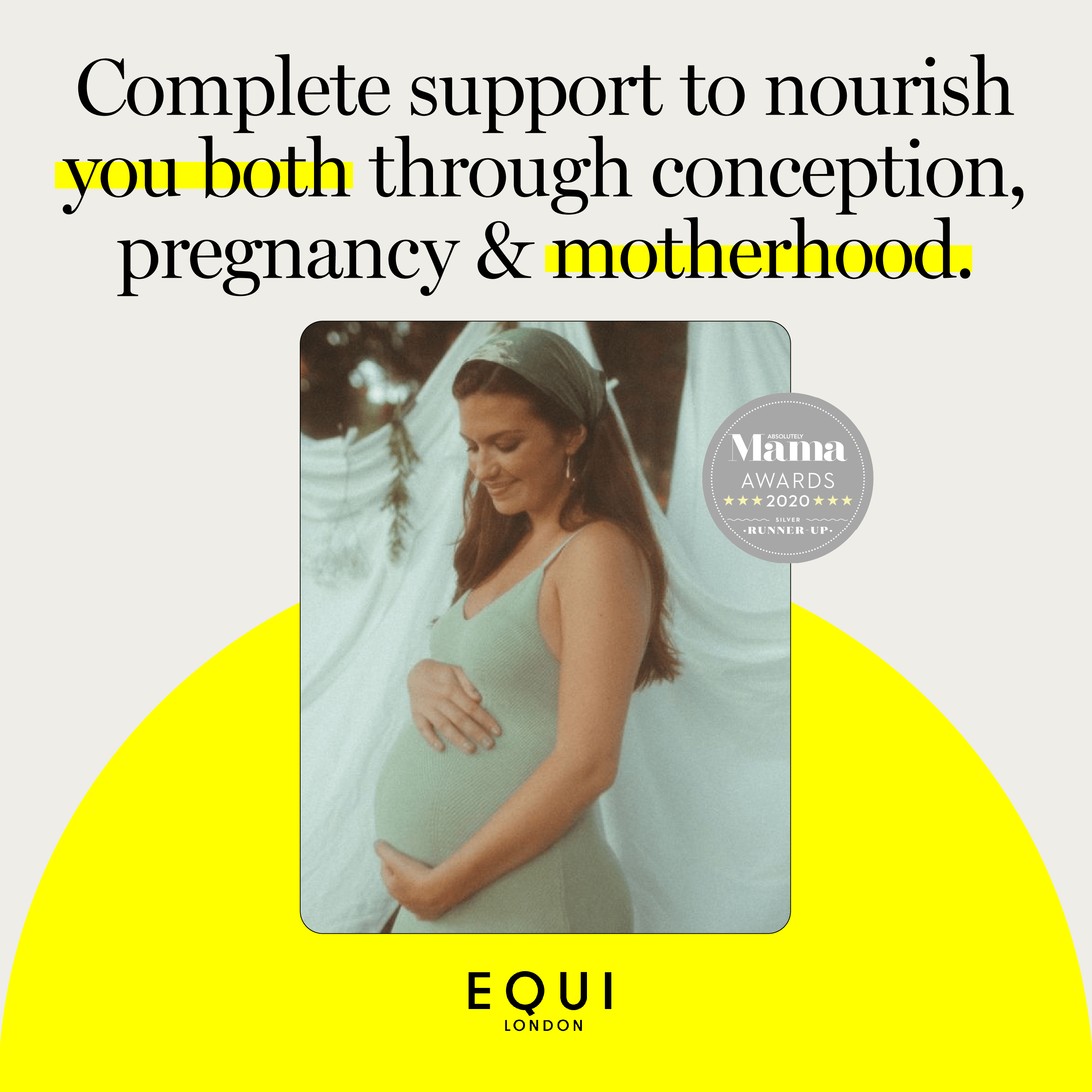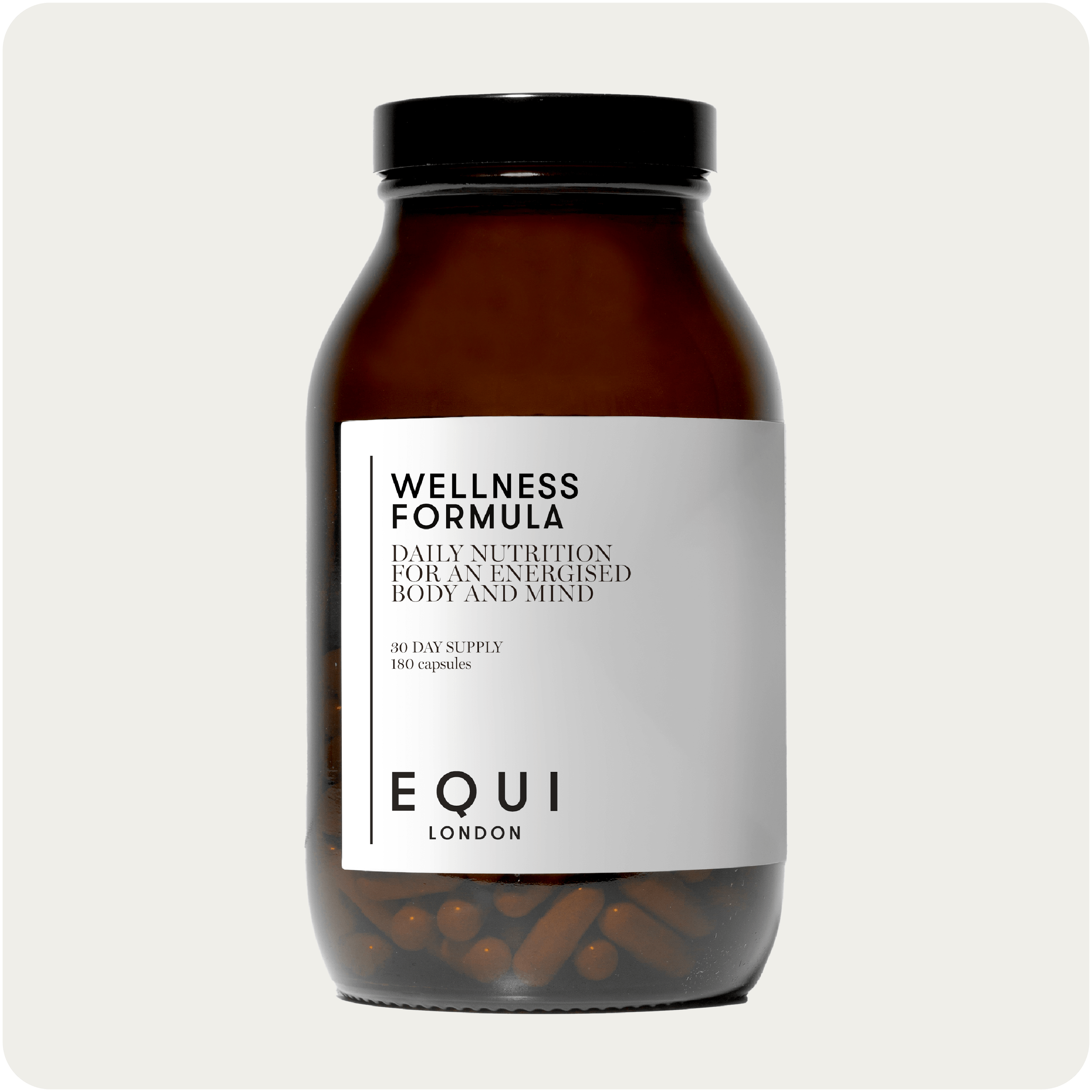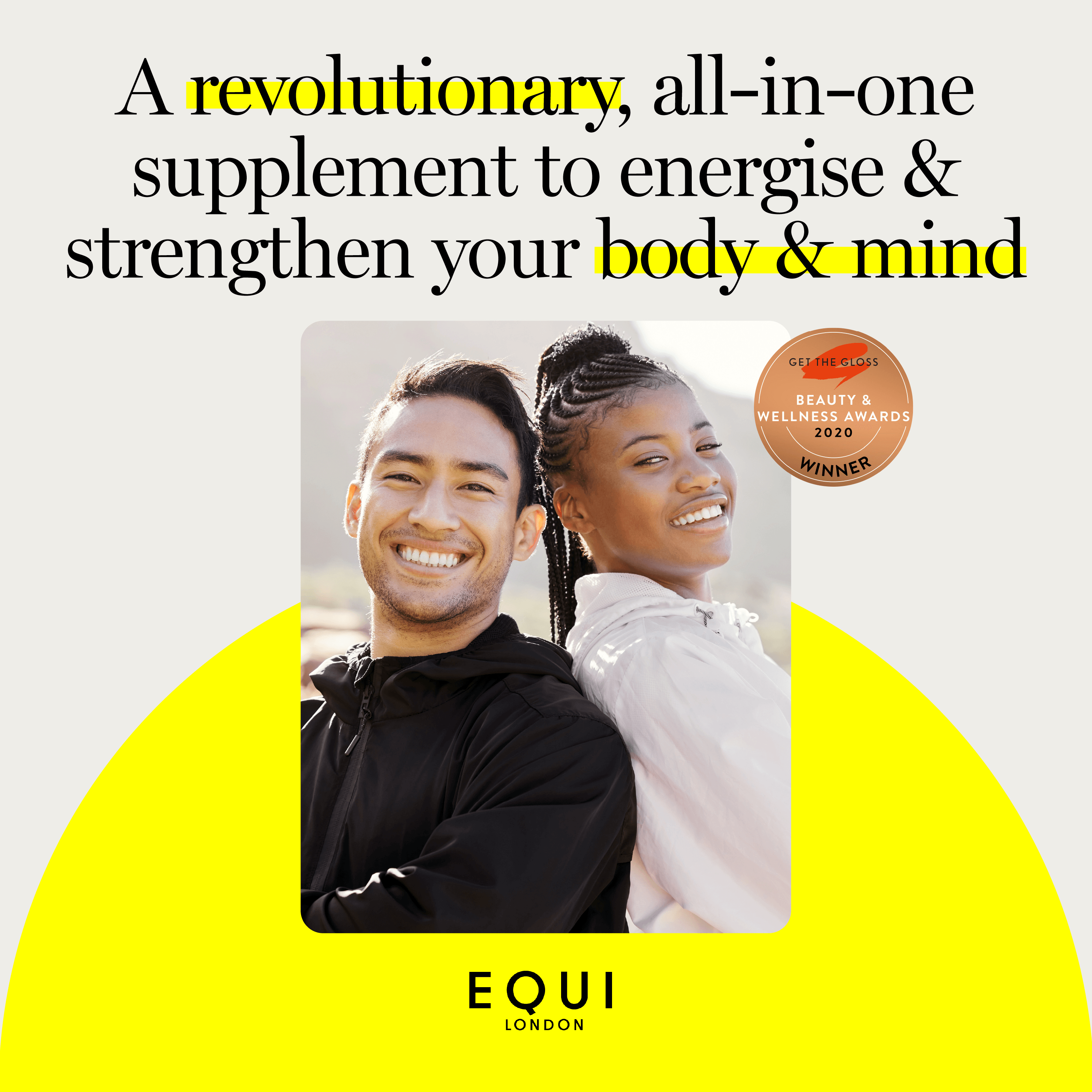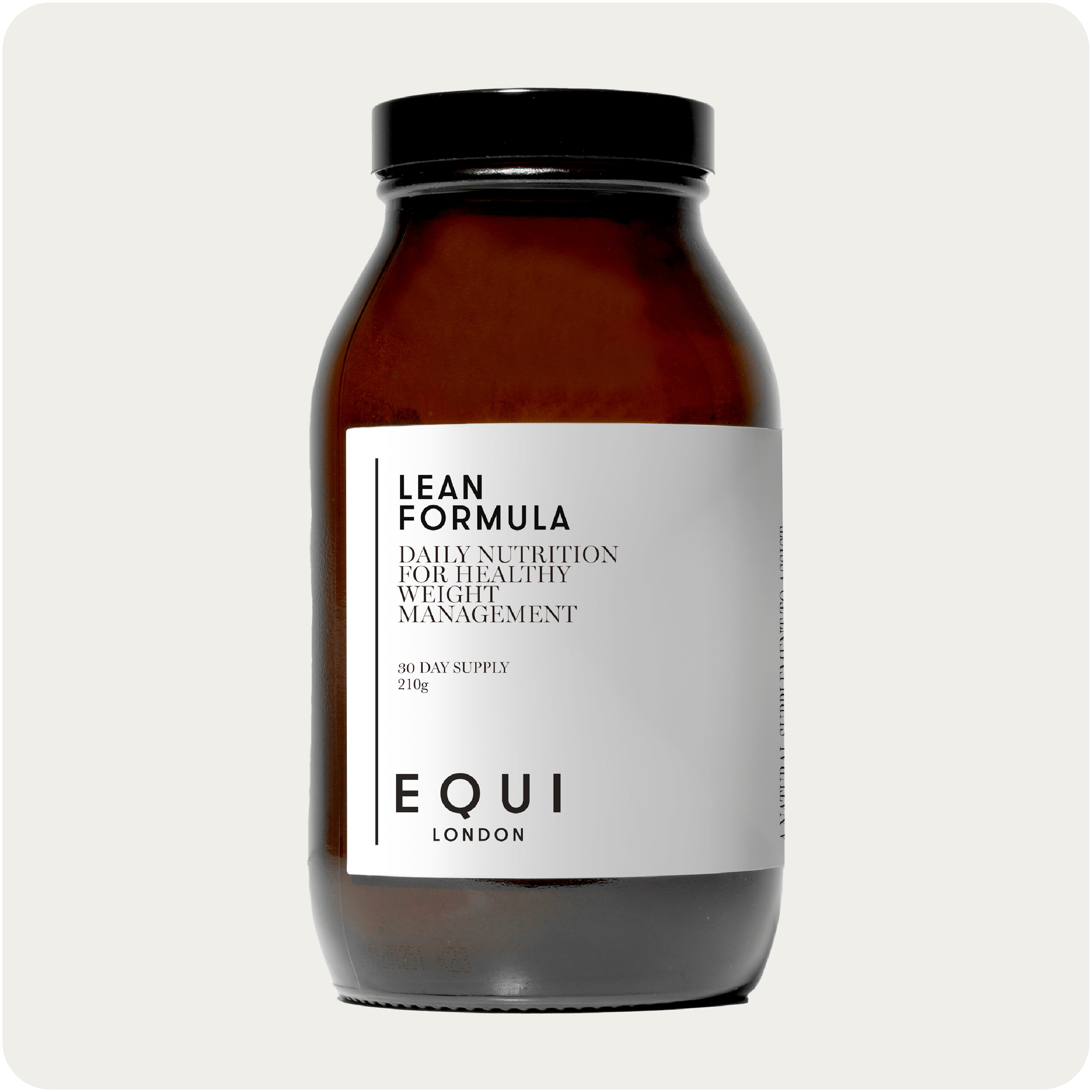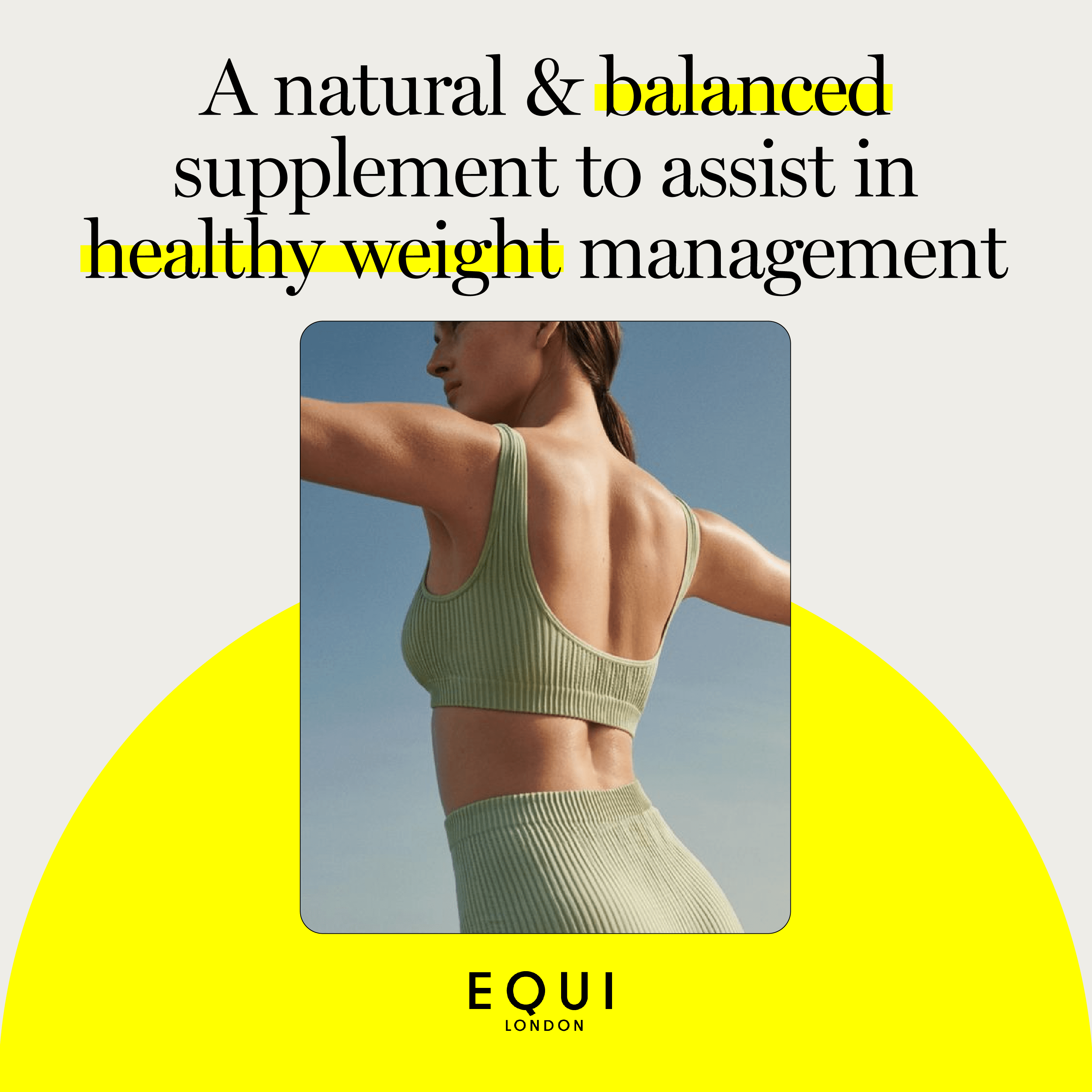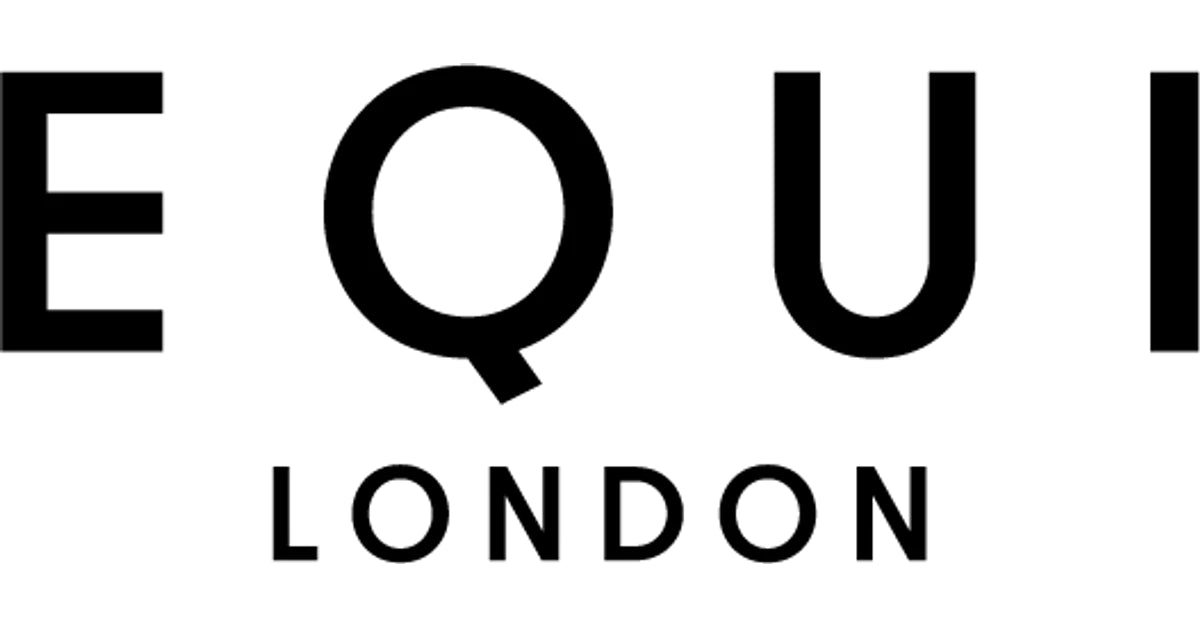Welcome to this week’s blog, where we explore the vital shifts needed to navigate your mid-thirties with vitality. This is often a transformative period marked by personal and professional growth, perhaps starting a family, and cementing a career path. While these years bring about significant achievements, they also introduce new challenges for your health and wellness, especially as your body begins to show the first signs of ageing. As we transition from the carefree days of our twenties to the more demanding thirties, our bodies, and priorities change. The metabolic rate slows down, skin elasticity decreases, and recovery times from physical activity increase. It's a decade where the sins of our youth can start to show, and the margin for neglect narrows considerably. Therefore, adapting our skincare routines, nutritional habits, and overall lifestyle is crucial to not only look our best but feel our best.
In your mid-thirties, skincare should move beyond the basic cleanse-tone-moisturise routine. It's time to introduce products that target specific concerns such as fine lines, wrinkles, and uneven skin tone. Ingredients like retinoids, hyaluronic acid, and powerful antioxidants become your skin's new best friends, helping to boost collagen production, hydrate, and protect skin from environmental damage. Yet at EQUI, we understand better than anyone that beauty is more than just skin-deep, and that nutrition needs to take centre stage in managing your health in your mid-thirties. This decade demands a diet that supports a slowing metabolism and prepares your body for the future. Topping up your collagen by supplementing it wouldn’t go amiss either! It's about choosing foods that not only fill you but fuel you - rich in antioxidants, lean proteins, healthy fats, and loads of fibre. These choices help combat inflammation, support hormonal balance, and maintain energy levels. If starting a family is on the cards, then nutrition and lifestyle should become a point of focus. Physical activity remains a cornerstone of health, but the focus shifts towards sustainability. Balancing cardio with strength training helps maintain muscle mass and bone density - both of which begin to decline in your mid-thirties. Additionally, integrating mindfulness and stress management practices like meditation or yoga can significantly impact your mental well-being, helping to mitigate the stress that often accompanies this life stage. As responsibilities mount, sleep often takes a backseat in our priorities, yet quality rest becomes more critical than ever. Establishing a solid sleep routine and creating an environment conducive to rest can help enhance sleep quality, crucial for cognitive function, mood regulation, reproduction, and overall health maintenance.
This week’s blog aims to guide you through making intelligent, proactive choices about your skincare, diet, and lifestyle that align with your body's evolving needs. By embracing these essential changes, you can ensure that your mid-thirties are not just a continuation of your twenties but a decade of thriving health and increasing self-awareness. Here’s to a healthier, happier you as you navigate this decade!
Advanced Skincare for Maturing Skin
As we transition into our mid-thirties, our skin undergoes significant changes due to natural ageing processes and environmental factors. These changes necessitate an evolution in our skincare routine to specifically address the needs of maturing skin. This period marks a critical time to incorporate more targeted treatments with active ingredients that can significantly mitigate signs of ageing such as fine lines, wrinkles, and decreased elasticity. Active ingredients like retinoids, peptides, and antioxidants play pivotal roles in a skincare regimen tailored for individuals in their thirties. Retinoids, derivatives of vitamin A, are widely revered for their profound anti-ageing effects. They work by promoting cell turnover and stimulating collagen production, which helps reduce the appearance of fine lines and wrinkles and improves skin texture and tone. Topical retinol improves fine wrinkles associated with natural ageing by restoring dermal collagen, essentially rejuvenating photodamaged skin. And it doesn’t end there - peptides, which are short chains of amino acids, function as building blocks of proteins such as collagen, elastin, and keratin. These proteins are essential for maintaining the skin's strength and elasticity. Peptides help signal the skin to produce more collagen, combating sagging and wrinkling. A study highlighted that topical peptides can significantly impact skin repair, underscoring their importance in anti-aging products (1).
Lastly, antioxidants are crucial for protecting the skin from oxidative stress caused by free radicals and environmental aggressors like UV rays and pollution. Ingredients such as vitamin C, vitamin E, and niacinamide not only protect the skin by neutralising free radicals but also brighten the skin tone and enhance skin texture. The efficacy of topical antioxidants in preventing photodamage is backed up by research too - one study found that antioxidants could substantially decrease the harmful effects of UV exposure, preventing premature aging signs (2). Don’t forget that even if SPF was a staple in your twenties, its importance cannot be overstated as you enter your mid-thirties! Continuous exposure to UV radiation is a major contributor to premature skin ageing and the development of skin conditions. Maintaining diligent use of broad-spectrum SPF protects against both UVA and UVB rays, critical for preserving skin health and appearance over time. Regular use of SPF not only helps prevent sunburn but also hinders the photoaging process, such as wrinkling and loss of elasticity (3).
Integrating these active ingredients into your skincare routine involves more than just applying products; it’s about consistency and appropriateness for your skin type. Start with a gentle cleanser, followed by a targeted serum containing peptides or antioxidants in the morning, complemented by a moisturiser with SPF. In the evening, after cleansing, apply a retinoid product followed by a night cream to help skin repair overnight.
Nutrition for Long-Term Health
As we navigate our mid-thirties, making informed dietary adjustments becomes crucial to support our changing health needs. During this decade, our body begins to experience a decline in collagen production, shifts in metabolism, hormonal balance, and cognitive function. Addressing these changes through diet can significantly impact our overall well-being, emphasising the need for anti-inflammatory foods, increased fibre, and essential nutrients. First up, inflammation is a biological response to stressors and can contribute to the development of chronic. Integrating anti-inflammatory foods into your diet can help mitigate these risks. Foods rich in omega-3 fatty acids, such as salmon, flaxseeds, and walnuts, are known for their anti-inflammatory properties. Additionally, fruits and vegetables like berries, broccoli, and leafy greens contain antioxidants that combat inflammation. A study highlighted the role of omega-3 fatty acids in reducing inflammation and supporting overall health, making them a vital component of a diet for those in their thirties (4). Fibre plays a critical role in maintaining digestive health and aiding metabolic functions. It helps regulate blood sugar levels, supports weight management, hormone balance, and reduces cholesterol. High-fibre foods include whole grains, legumes, fruits, and vegetables. Increasing fibre intake not only improves gut health but also helps in the absorption of nutrients critical for maintaining energy levels and preventing diseases.
Essential nutrients such as magnesium, zinc, and B vitamins are crucial in your mid-thirties for supporting metabolic and reproductive health. Magnesium aids in energy production and muscle function, zinc is vital for immune function and hormonal health, and B vitamins are essential for numerous metabolic processes. One study illustrated the importance of these nutrients in enhancing mood and energy levels, which are intrinsically linked to metabolic and reproductive health (5). Other nutrients including calcium, vitamin D, and vitamin K2 are essential for maintaining bone density, which begins to decline in your mid-thirties. Adequate intake of these nutrients helps prevent osteoporosis and maintains bone health. Cognitive function can be supported by nutrients like omega-3 fatty acids, which have been shown to enhance brain health and cognitive performance. And last but by no means least, supplementing with collagen may be something to consider as you enter your thirties. Not only with this maintain collagen levels in the skin, but it helps keep skin supple, hydrated and hair and nails in peak condition too.
Beauty Formula is a blend of 48 of the most effective nutritional compounds to support your mid-thirties, targeting problem skin and brightens all complexions, whilst nourishing, energising & balancing the whole body. It promotes a clear & bright complexion, lessens fine lines, dark circles, redness and signs of ageing. It also supports hormones, gut and overall wellbeing. Shop Beauty Formula here.
Meanwhile, Collagen Edition is our pioneering blend of collagen peptides, proven keratin & collagen boosting nutrients for skin, hair & nail health. Elevate you body's collagen levels to achieve a beautiful glow. Collagen Edition contains hydrolysed, bio-available bovine collagen peptides for natural collagen production support. We have had excellent feedback on this product with proven stronger, thicker hair, 20% less hair loss, skin brightness, fine line smoothing and improved nail strength. Shop Collagen Edition here.
Lifestyle Adjustments for Optimal Wellness
As we navigate through our mid-thirties, maintaining a balanced approach to physical activity becomes essential for safeguarding muscle mass, bone density, and mental health. A well-rounded fitness regimen that includes both cardiovascular and strength training exercises, coupled with stress-reduction techniques such as yoga or meditation, provides numerous health benefits that are crucial during this pivotal stage of life. Firstly, cardiovascular exercise, such as running, cycling, or swimming, is vital for maintaining heart health, improving circulation, and aiding in weight management. On the other hand, strength training is critical for preserving and increasing muscle mass, which naturally begins to decline around the age of thirty. It also strengthens bones, which is crucial for preventing osteoporosis in later life. Studies emphasise that regular strength training not only increases muscle mass and strength but also improves the muscle's ability to process glucose, which can help prevent blood sugar dysregulation (6).
While physical activity is crucial, balancing exercise routines with stress-reduction techniques such as yoga and meditation are equally important. These practices not only provide physical benefits, such as increased flexibility and balance, but are also powerful tools for managing stress and improving mental health. Incorporating stress-management techniques can help promote a more balanced approach to health. For example, yoga is effective in reducing stress, anxiety, and improving overall mental well-being (7). Similarly, meditation has been found to reduce the density of brain tissue associated with anxiety and stress (8). These practices contribute to better mental health and complement the physical benefits of a regular exercise routine. Creating a holistic fitness regimen in your mid-thirties should ideally combine elements of cardiovascular activities, strength training, and flexibility exercises, along with dedicated times for relaxation and meditation. This combination helps address all aspects of health, from physical fitness to mental and emotional resilience.
Sleep Quality Over Quantity
As we reach our mid-thirties, the importance of quality sleep becomes paramount, not just as a luxury, but as a fundamental necessity for optimal health and well-being. During sleep, our bodies undergo critical processes of recovery and regeneration. However, as we age, natural changes in sleep patterns can reduce the quality and quantity of rest we receive, impacting our physical health, cognitive function, and overall quality of life. One of the most effective strategies for enhancing sleep quality is establishing a consistent sleep schedule. Going to bed and waking up at the same time each day helps regulate the body’s internal clock, or circadian rhythm, which controls the natural sleep-wake cycle. This may become an easier strategy to adopt in our thirties, as we start to say goodbye to the late nights of our mid 20’s. Consistency in this cycle has been shown to improve sleep quality by decreasing the amount of time it takes to fall asleep (sleep latency) and reducing night awakenings (9).
The environment in which we sleep plays a crucial role in the quality of our rest too. Factors such as light, noise, and temperature can significantly disrupt sleep. Minimising exposure to artificial light, especially blue light from screens, before bedtime can enhance melatonin production, a hormone critical for sleep onset. Soundproofing the bedroom or using white noise machines can help mitigate disruptive noises. Additionally, maintaining a cool room temperature between 15.5-19.5C is ideal for promoting deep sleep. Research highlights how thermal environment affects sleep quality, and that optimal temperature settings are essential for uninterrupted sleep (10).
For those struggling to achieve restful sleep naturally, nutrients such as magnesium may be beneficial. Magnesium bisglycinate which can be found in all EQUI Formulas is known for its high absorption rate, helps improve sleep by activating the parasympathetic nervous system, promoting calmness, and regulating melatonin, the sleep hormone. Studies show its efficacy in improving sleep quality, especially in individuals with insomnia (11). What’s more, advancements in wearable technology have made it possible to monitor and potentially enhance sleep quality. Devices that track sleep patterns can provide insights into sleep phases, disruptions, and overall sleep architecture. Some wearables even offer features to stimulate deep sleep phases through gentle vibrations or sounds that align with the optimal moments of the sleep cycle for arousal, enhancing the restorative quality of sleep.
Disclaimer: All of the information on this website is provided for general information only, it should not be treated as a substitute for the medical advice of your own doctor or any other health care professional providing personalised nutrition or lifestyle advice. If you have any concerns about your general health, you should contact your local health care provider. No one diet or supplement regime works for everyone and you should always seek help from a GP and registered health expert before making changes to your diet, or before introducing any supplements. This is especially important when pregnant.
References
- Gorouhi, F., & Maibach, H.I. (2009). 'Role of topical peptides in preventing or treating aged skin.' International Journal of Cosmetic Science, 31(5), pp. 327-345.
- Lin, J.Y., Selim, M.A., Shea, C.R., Grichnik, J.M., Omar, M.M., Monteiro-Riviere, N.A., & Pinnell, S.R. (2003). 'UV photoprotection by combination topical antioxidants vitamin C and vitamin E.' Journal of the American Academy of Dermatology, 48(6), pp. 866-874.
- Hughes, M.C.B., Williams, G.M., Baker, P., & Green, A.C. (2013). 'Sunscreen and prevention of skin aging: a randomized trial.' Annals of Internal Medicine, 158(11), pp. 781-790
- Calder, P.C. (2015). 'Marine omega-3 fatty acids and inflammatory processes: Effects, mechanisms and clinical relevance.' Biochimica et Biophysica Acta (BBA) - Molecular and Cell Biology of Lipids, 1851(4), pp. 469-484.
- Sarris, J., Murphy, J., Mischoulon, D., Papakostas, G.I., Fava, M., Berk, M., & Ng, C.H. (2015). 'Adjunctive Nutraceuticals for Depression: A Systematic Review and Meta-Analyses.' American Journal of Psychiatry, 173(6), pp. 575-587.
- Westcott, W.L. (2012). 'Resistance training is medicine: effects of strength training on health.' Current Sports Medicine Reports, 11(4), pp. 209-216.
- Ross, A., & Thomas, S. (2010). 'The health benefits of yoga and exercise: a review of comparison studies.' The Journal of Alternative and Complementary Medicine, 16(1), pp. 3-12.
- Hölzel, B.K., Carmody, J., Vangel, M., Congleton, C., Yerramsetti, S.M., Gard, T., & Lazar, S.W. (2011). 'Mindfulness practice leads to increases in regional brain gray matter density.' Psychiatry Research: Neuroimaging, 191(1), pp. 36-43.
- Morgenthaler, T., Kramer, M., Alessi, C., Friedman, L., Boehlecke, B., Brown, T., Coleman, J., Kapur, V., Lee-Chiong, T., Owens, J., Pancer, J., & Swick, T. (2007). 'Practice parameters for the psychological and behavioral treatment of insomnia: an update. An american academy of sleep medicine report.' Sleep, 30(11), pp. 1415-1419.
- Okamoto-Mizuno, K., & Mizuno, K. (2012). 'Effects of thermal environment on sleep and circadian rhythm.' Journal of Physiological Anthropology, 31(1), p. 14.
- Abbasi, B., Kimiagar, M., Sadeghniiat, K., Shirazi, M.M., Hedayati, M., & Rashidkhani, B. (2012). 'The effect of magnesium supplementation on primary insomnia in elderly: A double-blind placebo-controlled clinical trial.' Journal of Research in Medical Sciences, 17(12), pp. 1161-1169.
